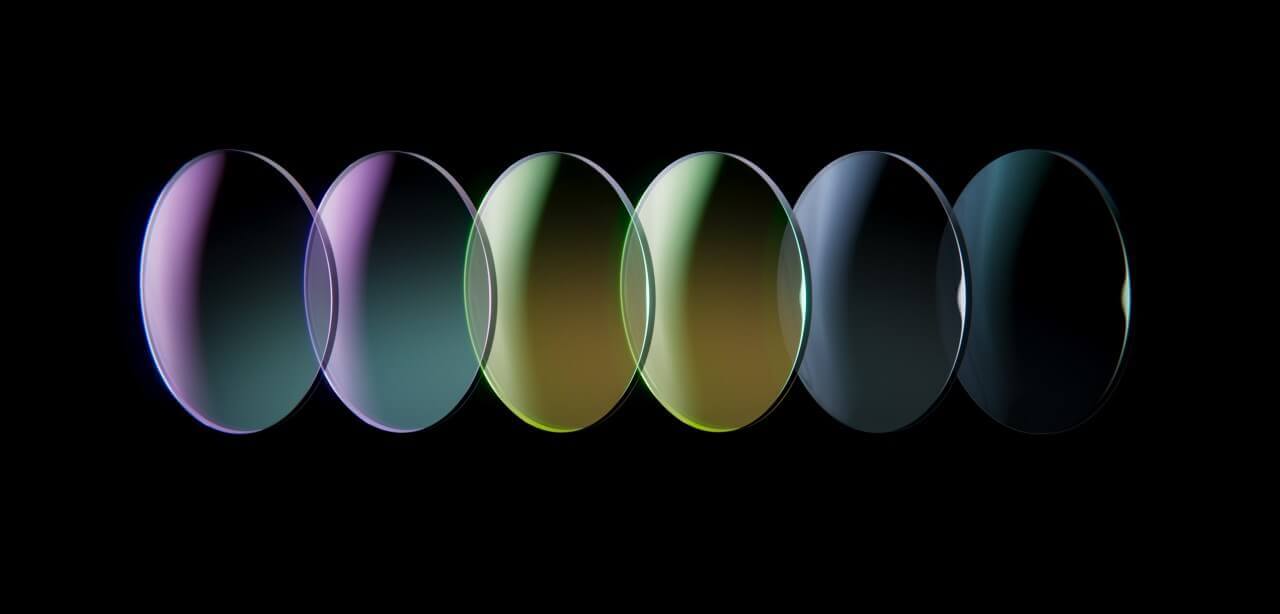The Harmful Effects of Blue Light: Protect Your Eyes with Computer Glasses
- BY Steven Lee
- IN Billboard
Let’s discuss the harmful effects of blue light emitted by digital screens and the importance of protecting our eyes with computer glasses. We will explore how extended exposure to blue light can lead to various eye problems such as digital eye strain, dry eyes, headaches, and even sleep disruption. We highlight the prevalence of blue light sources in our daily lives, including smartphones, tablets, computers, and TVs, and how their continuous use can impact our eye health.
Blue light refers to the high-energy, short-wavelength light that is emitted by digital screens. It is also present in sunlight and helps regulate our sleep-wake cycle. However, excessive exposure to blue light from screens can be harmful to our eyes.
What is blue light?
Blue light is a type of visible light that has a shorter wavelength and higher energy than other colors in the visible light spectrum. It is known to penetrate the retina of our eyes more deeply than other types of light.
Sources of blue light include not only digital screens but also LED and fluorescent lights, as well as the sun. However, the abundance of blue light sources in our daily lives, especially from screens, makes it a significant concern for eye health.
How does blue light affect our eyes?
Extended exposure to blue light, especially in the evening or at night, can disrupt our sleep patterns. The blue light suppresses the production of melatonin, a hormone that regulates our sleep-wake cycle, making it harder to fall asleep and affecting the quality of our sleep.
In addition to sleep disruption, blue light can also cause eye strain. Staring at screens for long periods can lead to digital eye strain, which is characterized by symptoms like dry eyes, blurred vision, headaches, and neck and shoulder pain. Prolonged exposure to blue light may even contribute to the development of long-term eye problems such as macular degeneration.
The role of computer glasses
Computer glasses are specially designed eyewear that helps protect our eyes from the harmful effects of blue light. They have lenses with blue light filtering technology that reduces the amount of blue light reaching our eyes, while still allowing other colors of light to pass through.
Using computer glasses can provide several benefits. Firstly, they can alleviate eye strain and reduce the symptoms of digital eye strain. By filtering out a significant portion of blue light, computer glasses provide a more comfortable viewing experience, especially during extended screen time.
Furthermore, computer glasses can help improve sleep quality. By reducing blue light exposure in the evening, they promote the natural production of melatonin and help regulate our sleep-wake cycle. This can be particularly helpful for individuals who use digital devices before bedtime.

Choosing the right computer glasses
When selecting computer glasses, there are a few considerations to keep in mind. Firstly, ensure that the glasses offer sufficient blue light filtering. Look for lenses that have a high level of blue light protection, ideally blocking at least 80% of blue light.
There are different types of lenses available for computer glasses, such as tinted lenses or lenses with a blue light filter. It’s essential to understand the differences and choose the one that suits your needs and preferences. Click to learn more about blue light blocking lenses.
Additionally, consider the features of the glasses. Look for anti-reflective coatings to reduce glare and improve visual clarity. Adjustable nose pads and lightweight frames can also enhance the comfort of wearing computer glasses for extended periods.
Tips for reducing blue light exposure without computer glasses
If you don’t have computer glasses or want to further reduce blue light exposure, there are other steps you can take:
- Adjust the settings on your devices to reduce blue light emission. Most smartphones, tablets, and computers have built-in blue light filters that can be activated.
- Use blue light filters or screen protectors that can be applied to your devices. These filters can help reduce blue light without affecting the visibility of the screen.
- Establish a blue light-free bedtime routine. Avoid using electronic devices for at least an hour before bedtime and opt for activities that promote relaxation instead.
Closing Thoughts
In conclusion, the harmful effects of blue light on our eyes cannot be ignored in the digital age. Extended exposure to blue light can lead to various eye problems and disrupt our sleep patterns. However, by using computer glasses with blue light filtering technology, we can mitigate these harmful effects and protect our eye health.
When choosing computer glasses, it’s important to consider the level of blue light protection, lens type, and additional features that enhance comfort and visual clarity. If computer glasses are not available, there are alternative methods to reduce blue light exposure.
Ultimately, prioritizing eye health and taking proactive steps to protect our eyes from blue light is crucial in maintaining our overall well-being in this digital era.
About the Author: Dr. Steven Lee
Dr. Steven Lee is a visionary leader in the eye care and telemedicine sectors and has built a remarkable career by combining his formal training in eye care, engineering expertise, and a passion for innovation. Dr. Lee serves as Zenni’s the Head of Optical Product.
